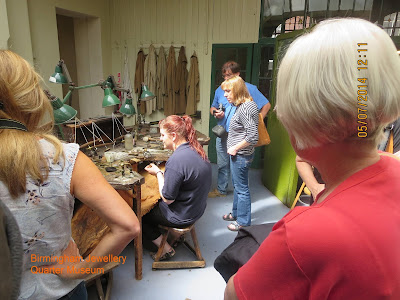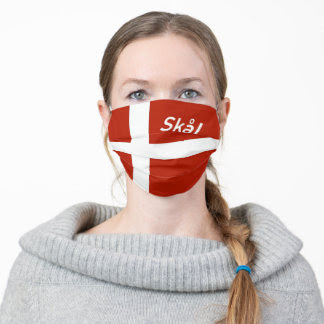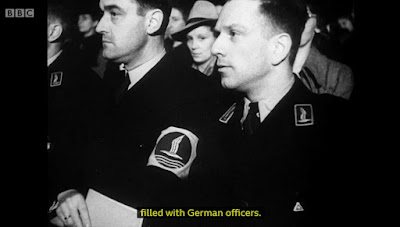09:00 Lois and I roll out of bed, looking out of the window and hoping the rain will start soon, so we don’t have to water our neighbour Frances’s garden again: it’s bad enough having to water our own. The rain starts eventually, just after lunch, later than the forecast, but good enough for our purposes – hurrah! So we can indulge ourselves with another afternoon in bed again. We’ve become so lazy - oh dear! And so small-minded, my god! And we’ll still have to do the greenhouse, even if it does rain.
11:00 Lynda’s U3A Middle English group’s next monthly meeting is on Friday on zoom, so I take a look at John Wycliffe’s arguments for translating the Bible into English – he was one of the first people to do this, but it’s amazing to look back at how much opposition there was to this in the Church.
Wycliffe says this opposition was partly based on priests’ reluctance to let the ordinary ‘lewd’ people know what these “holy” men were getting up to in their monasteries: in other words, that the priests of the period were ignoring their proper Christian duties (preaching the gospel, doing what they can to help the poor etc) in favour of enjoying a jolly nice life, thank you very much, closeted away in their monasteries, doing whatever they liked. What madness!
You might think, from the stories, it was the priests, who were the “lewd” ones, not the ordinary people in the towns and villages. But in those days the word “lewd” originally just meant the laiety, i.e. the non-clergy, from the Greek word “laic”, an adjective derived from the noun “laos” meaning “the people”. Simples!
…or in Modern English, “And here the friars with their supporters say that it is heresy to write thus God’s law in English, and make it known to ‘lewd’ men. And 40 signs that they bring up to demonstrate a heretic are not worthy to list, for nothing lies behind them but necromancy [i.e. black magic].”
14:00 We go to bed. At 3:30 pm Lois is asleep, so I creep out and
do Frances’s greenhouse in the pouring rain. She should be coming back tonight
or tomorrow, so we can relax again.
20:00 We watch some tv, the second part in an interesting series on “The Secret History of Writing”.

This episode is all about paper and printing, which is fair enough, but much more surprising that we expected. Lois and I didn’t realise the connection between paper technology and science, maths etc. Who would have thought it? [I expect a lot of people would have – Ed].
The Chinese found a way of producing cheap, durable paper (from the bark of mulberry trees) as long ago as the 7th century, but they kept quiet about it – it was so cheap that over a thousand years ago ordinary people could afford to buy blank notebooks to record their thoughts in. This would have been totally inconceivable in Europe, where parchment, the only medium available, cost a fortune.
The Islamic world found out about the top secret Chinese paper-making, sort of by accident – at the time of the Tang dynasty, an invading Chinese army was defeated by Islamic forces in 751 at the battle of Talas in Central Asia, when a captured Chinese baggage train was found to contain a group of papermakers.
The Islamic world quickly mastered the skills
required, and the resulting ability to
produce cheap paper was an important element in the extraordinary flourishing
of science and mathematics in the Arab world, at a time when European science
was still in the Dark Ages.
Eventually the knowledge spread to Europe but not for hundreds of years, and this was when Europe finally took the lead, profiting from the fact that Europeans used the regular, discrete characters of the Latin alphabet: this made printing using new moveable type so easy, compared to both Arabic and Chinese writing, whose squiggly forms, in different ways, presented so many challenges to anybody wanting to mass-produce books etc. The price of books plummeted in Europe and the reading public expanded exponentially. And science and maths took off as well. Simples!
Not many people in the West today realize the part the Chinese played in
all this. Witness this week’s Only Connect quiz, where contestants were asked
to find a link between 4 concepts: printing, the compass, papermaking and
gunpowder.
Lois and I knew the correct answer, needless to say [I don't think that's a given - Ed] ; that they were all invented, or first developed, in China. But both teams of contestants struck out on this question, which shows how little is known generally about the earlier history of paper and writing. Oh dear!!
The Radio Times blurb about this programme also stresses the German inventions, I see. Many people obviously know all about the 15th century printing revolution in Germany with Gutenberg etc. But they don’t seem to know about everything that went before it, further east. What a crazy world we live in!!!
[All right, you've made your point - there's no need to keep labouring it! - Ed]
22:00 We go to bed – zzzzzzzz!!!!!






















































